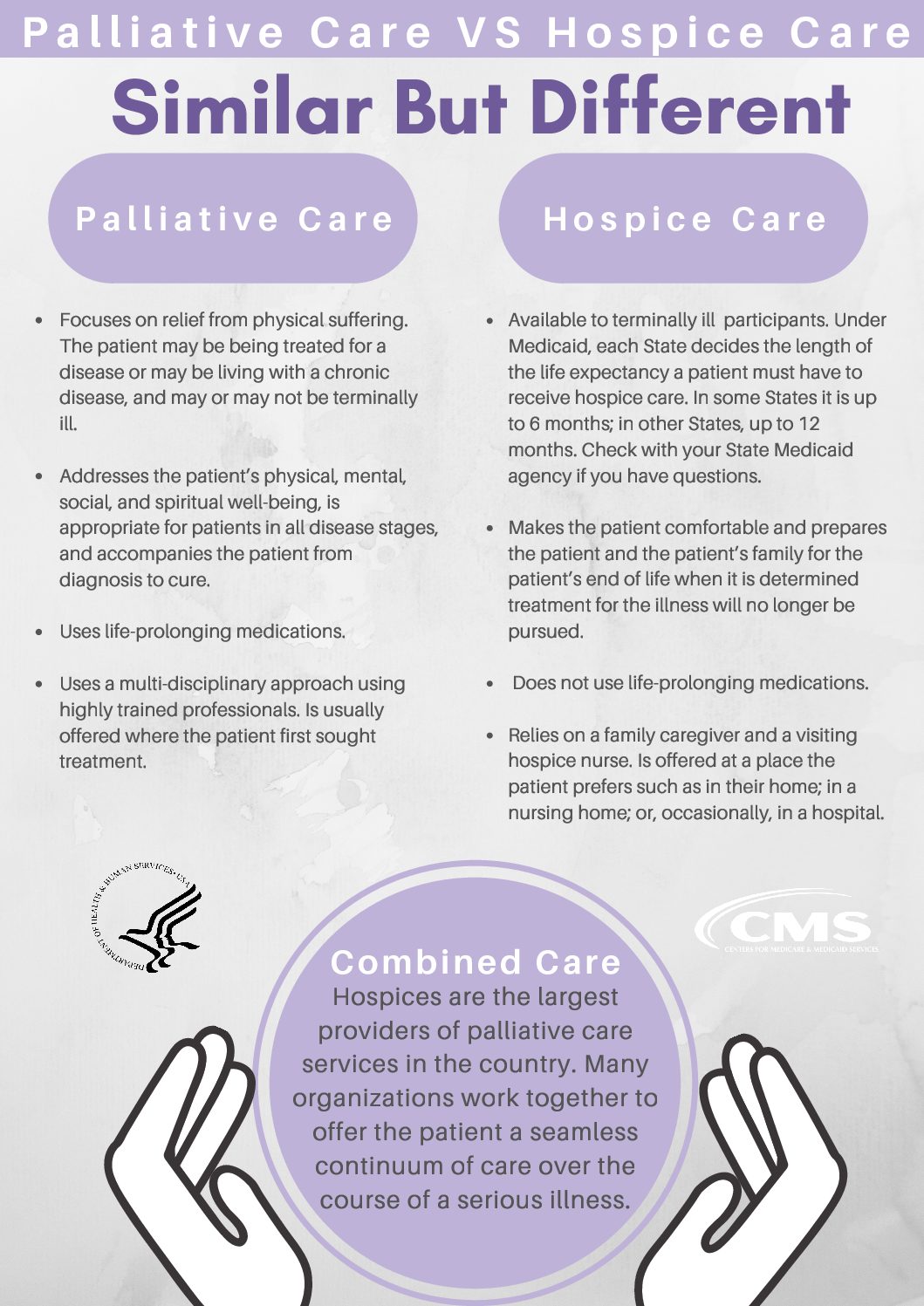Palliative Care

What is Palliative Care?
Palliative care is specialized medical care for people living with a serious illness, such as melanoma. The goal of palliative care is to improve the quality of life for both the patient and the family. Many melanoma patients experience side effects from their treatment that can make daily life difficult. Symptoms and side effects from melanoma treatment can include fatigue, nausea, pain, difficulty eating or breathing, or constipation.
Palliative care, sometimes referred to as supportive care, can be helpful at any stage of melanoma, from the time of diagnosis, through all stages of treatment, and extending after treatment is completed to address any long-term side effects you might experience.
In addition to managing physical needs, palliative care also includes other sources of support to meet your social, emotional, practical needs.
Examples of palliative care for melanoma patients might include treatment for skin rashes caused by immunotherapy; counseling for anxiety brought on by the cancer diagnosis; and radiation for brain metastases that are causing pain or dizziness.
Palliative care is given simultaneously with curative care.
Palliative Care Is Not Hospice Care
Palliative care is often confused with hospice care, but they are not the same. Hospice care is intended specifically for the end-of-life period, generally for patients expected to live less than six months without curative treatment. It is designed to provide comfort care for the patient, but attempts to treat the disease are stopped. Palliative care is also comfort care, but treatment is ongoing. It is recommended for patients at any stage of a disease or chronic illness. The intent is to ease any symptoms and manage side effects you are experiencing while undergoing treatment, as well as once treatment is over.
Additional Resources
Getpalliativecare.org is a website providing clear, comprehensive palliative care information for people living with a serious illness.
The American Society of Clinical Oncology (ASCO) offers A Guide to Coping with Side Effects for People with Cancer and Their Families.
The Palliative Care Provider Directory is a resource to help you or a loved one locate palliative care in your area.

World Health Organization (WHO) definition of palliative care: Palliative care is an approach that improves the quality of life of patients and their families facing the problems associated with a life-threatening illness, through the prevention and relief of suffering by means of early identification and impeccable assessment and treatment of pain and other problems, physical, psychosocial and spiritual.


